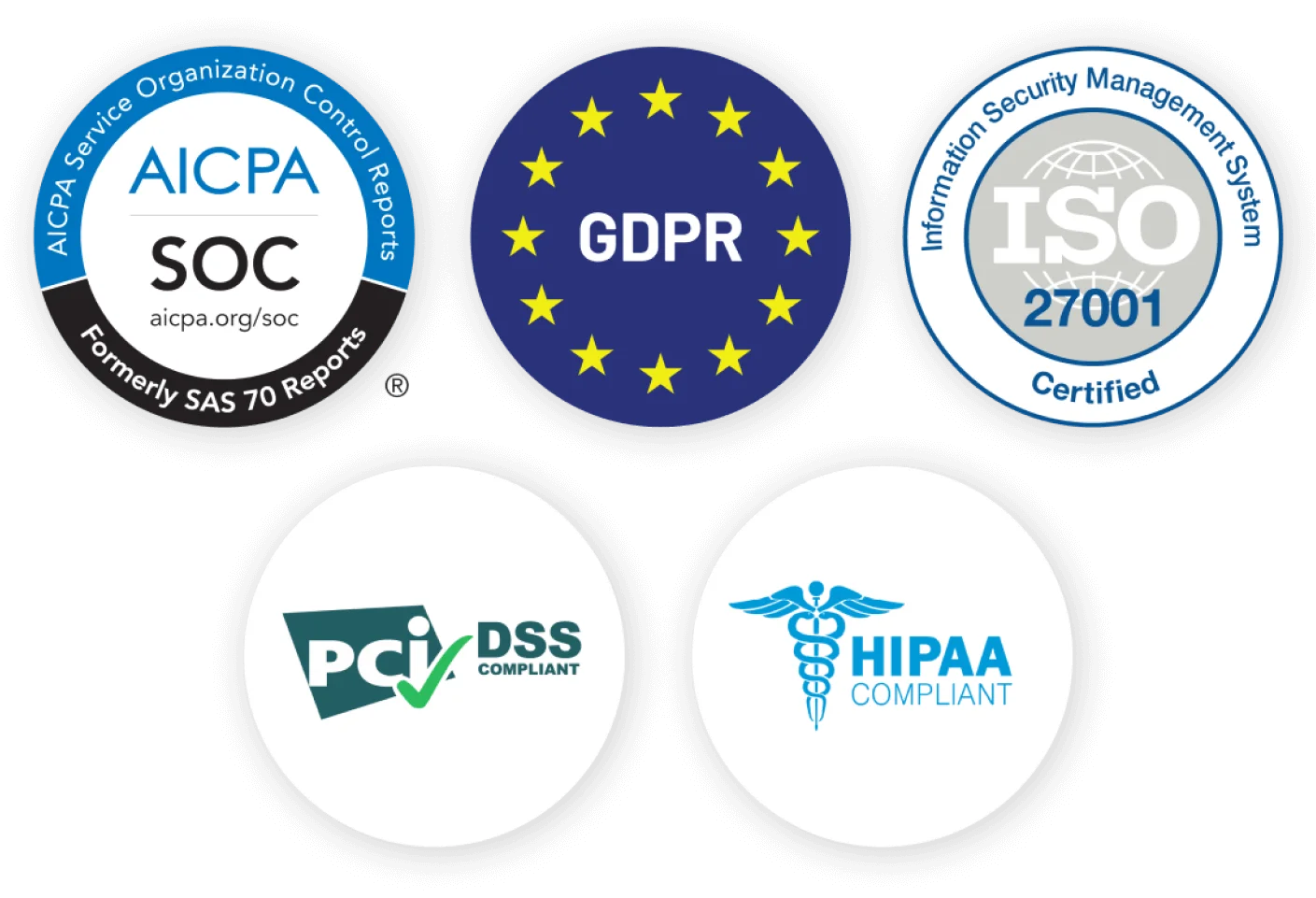
Instant Name Application for One Person Company
Features
- Super Fast Service
- Affordable Price
Let’s Get Started
One-Person Company (OPC) Registration
Registering a One-Person Company (OPC) is favored among entrepreneurs who desire limited liability and a distinct legal identity. OPC is a unique business structure that permits a single person to function as a company, giving them the benefits of limited liability while retaining complete control. In an OPC, the individual serves as both the director and shareholder, merging the advantages of a sole proprietorship with the legal protection of a private limited company.
At FintechFilings, we specialize in simplifying the OPC registration process, ensuring that entrepreneurs can smoothly navigate the complexities of legal formalities. Our experienced team is dedicated to assisting you at every step, from document preparation to filing, we offer expert guidance to help you make informed decisions regarding your OPC setup.
Contact us now and take the first step toward building your entrepreneurial dream!
Introduction to One Person Company (OPC)
One Person Company (OPC) registration in India was introduced as a concept under the Companies Act of 2013, enabling a single individual to establish a company and enjoy the combined benefits of both a sole proprietorship and a traditional company structure. This concept became available with the implementation of the Companies Act in 2013.
The primary objective behind creating one-person companies was to foster entrepreneurship and encourage the formalization of Micro, Small, and Medium Enterprises (MSMEs). According to Section 2(62) of the Companies Act 2013, a company can be formed with just one director and one member, and interestingly, these roles can be held by the same individual.
Eligibility Criteria
Before you go ahead and register a one-person company (OPC), it’s crucial to understand the specific eligibility criteria and limitations that govern its formation. The Companies Act sets out clear requirements that must be met to ensure that the individual promoting the OPC is eligible to do so.
It’s worth noting that an individual can establish only one OPC, and an OPC cannot have a minor as its member.
Advantages of One Person Company (OPC)
Advantages of One Person Company (OPC) include the following:
In conclusion, OPCs offer several advantages, including limited liability, ease of fundraising, reduced compliance, straightforward incorporation and management, and perpetual succession.
Disadvantages of OPC
While OPCs offer advantages, there are also limitations:
Required Documents
Several essential documents must be prepared and submitted to the Registrar of Companies (ROC) as part of the OPC registration process:
Registration of One Person Company (OPC) in India
In India, the registration of a One Person Company (OPC) is facilitated through the SPICe+ (Simplified Proforma for Incorporating Company Electronically Plus) form, which has replaced the previous application forms for company incorporation.
The registration process for an OPC consists of two parts:
Here are the steps involved in the OPC registration.
Step 1: Obtain a Digital Signature Certificate (DSC)
Secure a Digital Signature Certificate (DSC) for the intended director of the OPC. The DSC is utilized for electronically signing crucial documents.
Step 2: Obtain Director Identification Number (DIN)
Acquire a Director Identification Number (DIN) for the proposed director from the Ministry of Corporate Affairs (MCA).
Step 3: Name Reservation
Apply for name reservation through the MCA portal using Form SPICe+ (Part A). Ensure that the chosen name for your company is distinct and does not resemble any existing company or trademark.
Step 4: Prepare MOA and AOA
Draft the Memorandum of Association (MOA) and Articles of Association (AOA) for your company. These documents define the company’s objectives and internal rules.
Step 5: File the Forms
File the necessary forms with the MCA for OPC registration. Attach the relevant documents to the SPICe+ form, including MOA, AOA, declarations, proof of the registered office, nominee appointment, and other documents as required by the MCA.
Step 6: Certificate of Incorporation
Upon approval by the ROC and verification of compliance requirements, the ROC will issue a Certificate of Incorporation, signifying the successful registration of your One Person Company. Notably, the PAN number (Permanent Account Number) and TAN (Tax Deduction and Collection Account Number) are generated automatically during the incorporation process, eliminating the need for separate applications.
With this Certificate of Incorporation, your OPC is officially recognized and ready to commence its operations in India.
Why FintechFilings for OPC Registration?
FintechFilings is the ideal partner for One Person Company (OPC) registration for several compelling reasons. With years of expertise in company registration and a deep understanding of the regulatory landscape, FintechFilings simplifies the often complex OPC registration process.
We offer expert guidance, from name reservation to document preparation and submission. Our commitment to accuracy and compliance guarantees that your OPC registration adheres to all legal requirements, while our dedicated support team is readily available to address any queries or concerns you may have.
Get started now and embark on your entrepreneurial journey with confidence!
Post-Incorporation Formalities for OPC
Following the successful incorporation of a One Person Company (OPC), specific compliance formalities must be adhered to, akin to those applicable to private limited companies. Our experts are ready to assist you in fulfilling OPC compliance requirements, ensuring that your business remains in full legal compliance.


